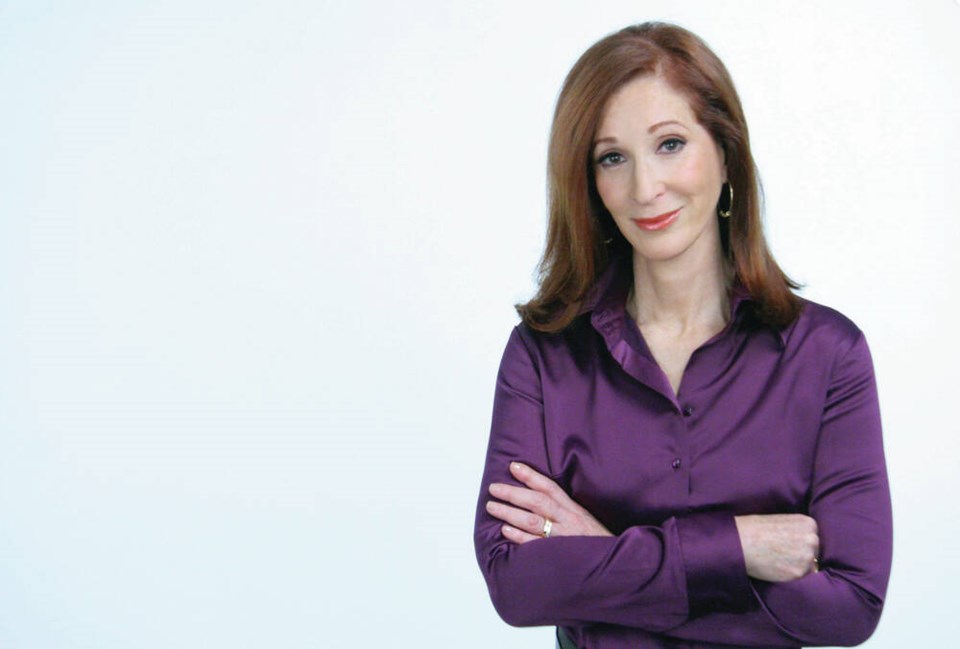It’s the suddenness that sends the first devastating blow. Without warning, your partner, family member, or close friend dies. It can happen any time, to anyone — the sudden and unexpected loss of a loved one.
I know this because I’ve watched a dear friend suffer her beloved husband’s sudden death, a loss so hard to bear that she couldn’t get out of bed for days, even weeks. “I only wanted to be with him,” she told me. And the force of her grief stayed at that level for most of the three years it took for her to keep simply hanging on.
Therapy can help such trauma, and group-organized grief counselling led by a specialist in this field can be very helpful over time. But even with such support, a deeply painful grief due to loss can cause persistent despair.
My friend found a route that helped her move forward, one step at a time. She saw one grief counsellor for a year and joined a hospice offering grief counselling. Now, she sees a therapist every two to three weeks.
She recently told me, “I’m doing so much better at my level of healing. My life is evolving, though I miss my husband every day.”
In the book Sudden Unanticipated Loss, author Judith Viorst, a graduate of the Washington Psychoanalytic Institute, tackled what she considers, “the central fact/problem/struggle of our lives, head on — and that is loss.”
She lists what we must accept: “the loss of our mothers’ protection, of the impossible expectations we bring to relationships, of our younger selves, and of our loved ones through separation and death.” All huge adjustments.
Many of you reading this have also suffered searing loss and have felt denial, disbelief, even distrust at the painful news. Plus, anger not only about the death, but also about having been “abandoned” and left behind.
I witnessed that despair in my friend who’d loved her partner so fully, that it sometimes seemed she’d never recover. I even wondered if she really wanted to move forward from her grief, in case it’d mean further loss, e.g. not attending grief therapy classes with supportive others dealing with losses.
Now, although she still grieves, my friend has reconnected with the positive realities in her life, which have included close, loving relatives/friends who empathize with her.
Still, losses can occur at any time, in any family. But among the hardest to bear is the sudden loss of a partner in what we consider “early middle age” (40s or 50s).
Today, with a large cohort of people aged 80s-plus, and still active socially and physically, many losses can dramatically affect those feeling left behind.
But heightened awareness by current grief therapists, of greater numbers of people suffering loss of loved ones and varied grieving styles, social workers say that there’s no wrong or right way to address grief’s internal pain.
Some therapists assess their patients over time, that is, three months, six months, a year, etc.
At that point, as one grief counsellor told me, it may still seem reasonable for a grieving person to get up in the morning, shower, walk, “and then maybe that’s all they do.” If that person has a history of trauma in their life, it can unfortunately impact the mourning process.
There have been many professional counsellors interested in the stages of grief. Psychiatrist Dr. Elizabeth Kubler-Ross, author of the internationally bestselling book, On Death and Dying (1969), first discussed her theory of five stages of grief, which include: “shock, denial, depression and sadness.” Others have described anywhere from seven stages to 13.
Indeed, our losses are far harder to bear than we realize until the pain of losing a child (the worst level of grief), takes ongoing sufferers to feeling shocked, denial, anger, even bargaining … “If only I had done something else,” leaving the griever in deep sadness and depression.
Still, each person’s grieving style can be unique.
Other family members may be in different stages of their grief process and choose a different acknowledgement of the past event.
But our needs start to change over time. We can even mentally re-experience previous losses which were resolved, or left unresolved, all of which rises to the surface during individuals’ grief.
Professional therapists generally agree, I learned, that people suffering sudden loss must take the time needed to heal, push themselves to move on, and put the past behind them, using all the supports they can get.
Ellie Tesher is an advice columnist based in Toronto.



